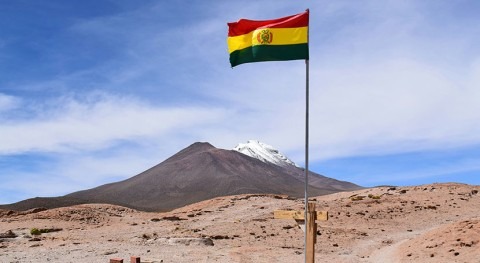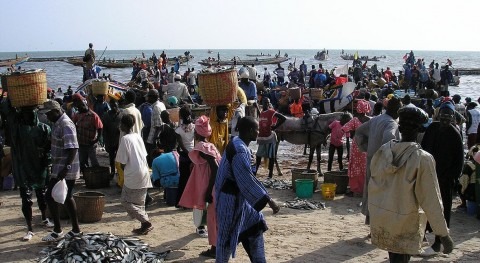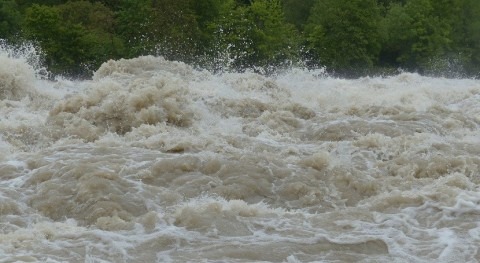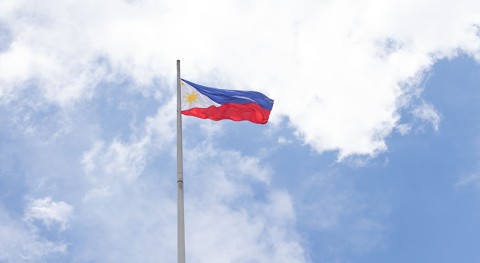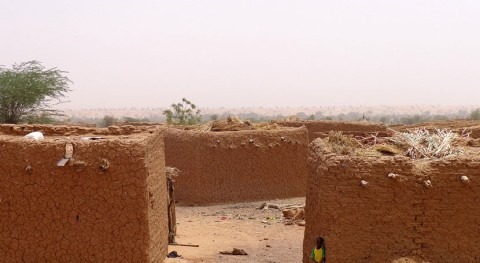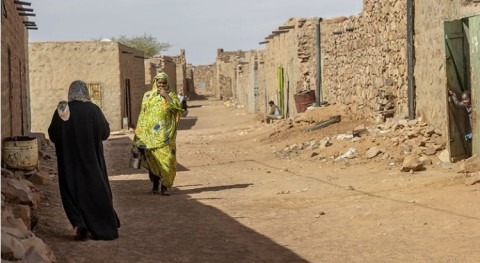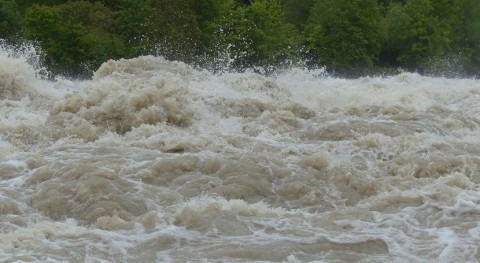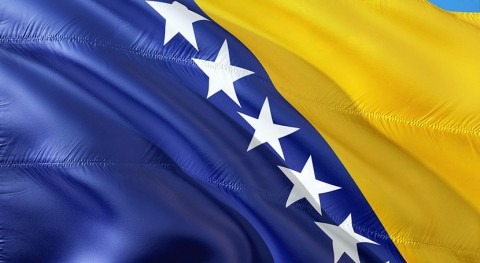The World Bank Group announced the sanctions of Germany-based Voith Hydro Holding GmbH & Co. KG (VHZ) and its subsidiaries, Germany-based Voith Hydro GmbH & Co. KG (VHH) and China-based Voith Hydro Shanghai Ltd. (VHS), which are each international hydropower equipment manufacturers, in connection with sanctionable practices as part of the Tarbela 4th Extension Hydropower Project (Tarbela 4 Project) in Pakistan and the AFCC2/RI-Regional and Domestic Power Markets Development Project (PMEDE Project) in the Democratic Republic of Congo (DRC).
VHS has been sanctioned with debarment for 34 months, followed by six months of conditional non-debarment, for engaging in collusive and corrupt practices under the Tarbela 4 Project. VHH has been sanctioned for 21 months for engaging in collusive practices under the Tarbela 4 Project and fraudulent practices under the PMEDE Project. The first 15 months of the VHH sanction will be in the form of a debarment with conditional release, and the remaining 6 months will be in the form of a conditional non-debarment, provided that VHH has complied with the terms of the settlement agreement as determined by the World Bank Group Integrity Compliance Officer.
The debarments make VHS and VHH ineligible to participate in projects and operations financed by institutions of the World Bank Group. They are part of a settlement agreement under which the companies acknowledge responsibility for the underlying sanctionable practices and agree to meet specified corporate compliance conditions as a condition for release from debarment.
VHZ will be subject to a conditional non-debarment for 21 months, which means that VHZ and its affiliates—except VHH and VHS, and their controlled affiliates—will remain eligible to participate in World Bank Group-financed projects as long as VHZ complies with its obligations under the settlement agreement. However, if the World Bank Group Integrity Compliance Officer determines that these obligations are not satisfied during that 21-month period, the conditional non-debarment will convert to a sanction of debarment with conditional release, under which the company and its affiliates would be ineligible to participate in World Bank Group-financed projects and operations until the conditions for release set out in the settlement agreement are met.
The Tarbela 4 Project and the PMEDE Project were designed to expand hydropower electricity generation and supply capacity in Pakistan and the DRC, respectively. According to the facts of the case, between 2012 and 2016 under the Tarbela 4 Project, (i) VHH and VHS arranged through a commercial agent to gain improper tender advantages—for instance, advance access to confidential information—from public officials, which is a collusive practice; and (ii) VHS made, on three different occasions, improper payments to the commercial agent to obtain favorable decisions from public officials during contract execution, which are corrupt practices. VHZ failed to sufficiently supervise its subsidiaries. Under the PMEDE Project, in 2012, VHH failed to disclose in its bid intended payments to a commercial agent, which is a fraudulent practice.
The settlement agreement provides for reduced periods of debarment and sanctions in light of the companies’ cooperation and voluntary remedial actions, including internal action against responsible parties, an internal investigation, and voluntary restraint from participating in World Bank Group-financed projects during the settlement’s negotiation. As a condition for release from sanction under the terms of the settlement agreement, the companies commit to developing an integrity compliance program that reflects the principles set out in the World Bank Group Integrity Compliance Guidelines. The companies also commit to continue to fully cooperate with the World Bank Group’s Integrity Vice Presidency in addition to paying restitution in the amount of EUR 1,766,198.22 to the affected countries.
The debarments of VHH and VHS qualify for cross-debarment by other multilateral development banks (MDBs) under the Agreement for Mutual Enforcement of Debarment Decisions that was signed on April 9, 2010. The conditional non-debarment of VHZ does not qualify for cross-debarment by the MDBs that are signatories to the Agreement for Mutual Enforcement of Debarment Decisions.






